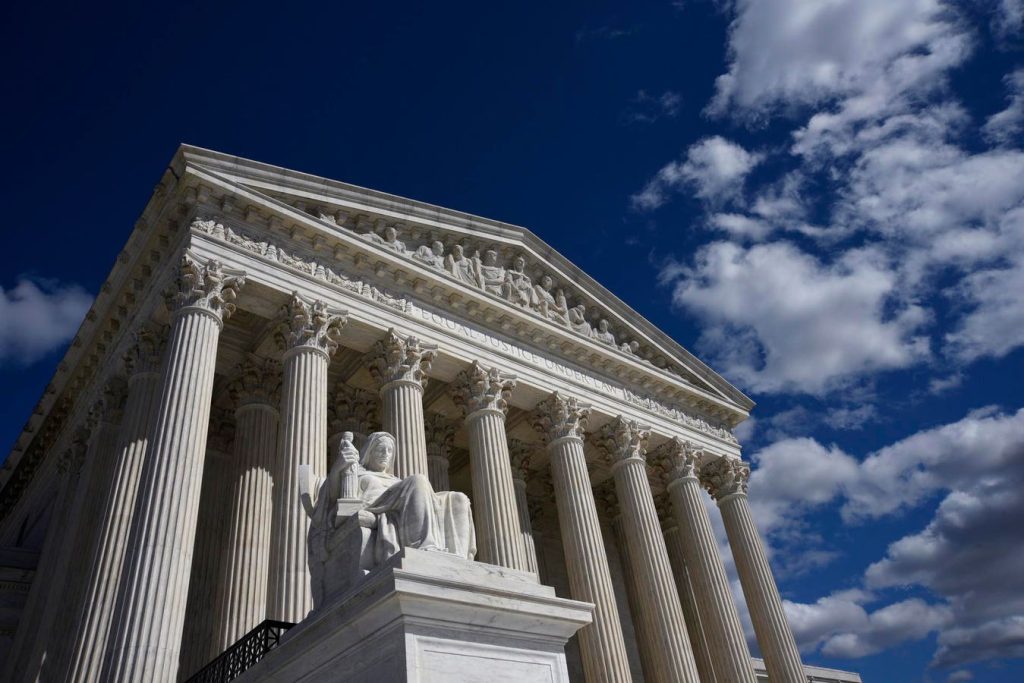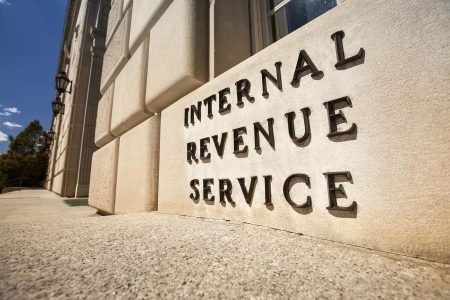Closely held corporations often enter into agreements to redeem a shareholder’s stock after death to ensure the continuity of the business. These agreements are frequently funded by life insurance—it’s a relatively low-risk option, and the payout is triggered by the very event that results in the need for cash.
That arrangement came into question when the IRS took a different tack than the taxpayers on a federal estate tax return. It is well settled that, when calculating the federal estate tax, the value of a decedent’s shares in a closely held corporation must reflect the corporation’s fair market value. Life insurance proceeds payable to a corporation are an asset that increases the corporation’s fair market value.
The question raised in Connelly v. United States was whether the company’s contractual obligation to redeem a deceased taxpayer’s shares at fair market value offsets the value of life insurance proceeds committed to funding that redemption.
The IRS said the answer is no. The Supreme Court agreed.
Facts
Michael and Thomas Connelly were brothers and the sole owners of a closely held company, Crown C Supply, a small but successful building supply corporation that sold roofing and siding materials. The brothers and the company entered into an agreement providing that, at the first of the brothers to die, the surviving brother had the right to buy the decedent’s shares, and if he declined, the company would redeem the decedent’s shares. To ensure assets were available for redemption, the company purchased $3.5 million in life insurance on each brother.
Michael owned approximately 77% of the company’s stock, and his brother owned the remainder.
After Michael died, Thomas was named executor of his estate. Thomas subsequently paid Michael’s son $3 million to redeem Michael’s stock. The company used the bulk of the life insurance proceeds—$3 million of $3.5 million—to fund the redemption. The company used the remaining money—about $500,000—to pay general operating expenses.
When Thomas filed the federal estate tax return for Michael’s estate, he reported the value of Michael’s stock as $3 million, representing the redemption value. The IRS disagreed, arguing that valuation failed to account for the increase in the company’s value resulting from the payout of the life insurance proceeds.
The estate filed suit, arguing that the life insurance proceeds were not a corporate asset because they were offset by a corresponding liability—the redemption obligation. The estate also argued that it wouldn’t make sense to tax the estate based on the insurance proceeds when the estate had sold the stock without regard to the value attributed to those proceeds.
Proceedings
Since the life insurance was owned by and payable to the company, the IRS took the position that the $3 million in life insurance proceeds used for redemption should have been included in the value of the decedent’s stock shares. The IRS claimed the value of those shares was approximately $5.3 million.
The estate argued that the life insurance proceeds used for the stock purchase should not be considered an asset for federal estate tax purposes. The estate contended that those proceeds were already effectively taken into account as part of the valuation of the company’s net worth because any benefit from the $3 million in cash was offset by the contractual obligation to use the money for the redemption. That means, the estate argued, that the value of the shares was approximately $3 million.
The district court acknowledged that two courts of appeals (Ninth and Eleventh Circuits) had adopted the estate’s position but nonetheless granted summary judgment to the IRS.
The U.S. Court of Appeals for the Eighth Circuit affirmed, concluding that “an obligation to redeem shares is not a liability in the ordinary business sense.” That means, the Eighth Circuit concluded, that the life insurance proceeds must be added to the corporation’s value for assessing the federal estate tax on the decedent shareholder’s stock.
The decision created a circuit conflict since the Ninth and Eleventh Circuits have held that corporate insurance proceeds earmarked to redeem a shareholder’s stock do not increase the company’s value for federal estate tax purposes. As a result, the Supreme Court agreed to hear the case.
(If the Supreme Court decides to hear a matter, it’s called a grant of certiorari—by practice, at least four justices must vote to hear the case to be granted cert. Usually, cert is granted in a case of considerable importance, or one involving a circuit split. A circuit split happens when the appellate courts disagree on a matter of federal law, reaching different conclusions about its application—that’s what happened here.)
The Supreme Court specifically granted certiorari to address whether life insurance proceeds used to redeem a decedent’s shares must be included when calculating the value of those shares for federal estate tax purposes.
The Decision
Justice Thomas, writing for the unanimous court, noted, “Because a fair-market-value redemption has no effect on any shareholder’s economic interest, no hypothetical buyer purchasing Michael’s shares would have treated Crown’s obligation to redeem Michael’s shares at fair market value as a factor that reduced the value of those shares.”
At the time of Michael’s death, the company was worth $6.86 million—$3 million in life insurance proceeds earmarked for the redemption plus $3.86 million in other assets and income-generating potential. A willing buyer purchasing Michael’s shares would acquire a 77.18% stake in a company worth $6.86 million, along with the company’s obligation to redeem those shares at fair market value. A buyer would, therefore, pay up to $5.3 million for Michael’s shares ($6.86 million x 0.7718)—that’s the value the buyer could expect to receive in exchange for Michael’s shares when the company redeemed them at fair market value.
The court found that the company’s promise to redeem Michael’s shares at fair market value did not reduce the value of those shares.
Example
The court offered an example to prove their point.
Consider a corporation, Thomas writes, with one asset—$10 million in cash—and two shareholders, A and B, who own 80 and 20 shares, respectively. Each share is worth $100,000 ($10 million ÷ 100 shares).
That means A’s shares are worth $8 million (80 shares x $100,000) and B’s shares are worth $2 million (20 shares x $100,000).
The corporation would have to pay B $2 million to redeem B’s shares at fair market value. After the redemption, A would be the sole shareholder in a corporation worth $8 million and with 80 outstanding shares. A’s shares would still be worth $100,000 each ($8 million ÷ 80 shares).
Economically, the redemption would have no impact on either shareholder. The value of the shareholders’ interests after the redemption—A’s 80 shares and B’s $2 million in cash—would equal the value of their respective interests in the corporation before the redemption. Thus, a corporation’s contractual obligation to redeem shares at fair market value does not reduce the value of those shares in and of itself.
That means, Thomas continued, that since a fair-market-value redemption has no effect on any shareholder’s economic interest, no willing buyer purchasing Michael’s shares would have treated the company’s obligation to redeem Michael’s shares at fair market value as a
factor that reduced the value of those shares.
Result and Impact
Closely held corporations engage in similar planning all the time (although the government attempted to distinguish some of those efforts). That’s why, the estate had initially argued, this question is so important.
The court noted that the decision would not make succession planning impossible for closely held corporations. The result here, Thomas wrote, “is simply a consequence of how the Connelly brothers chose to structure their agreement. There were other options.”
One option, Thomas noted, was a cross-purchase agreement—an arrangement in which shareholders agree to purchase each other’s shares at death and purchase life-insurance policies on each other to fund the agreement. In that event, the surviving brother could purchase the deceased brother’s shares while avoiding the risk that the insurance proceeds would increase the value of the deceased brother’s shares. In that case, the proceeds would have gone directly to the surviving brother—not to the company.
More Info
The case is Connelly v. United States. The opinion is here.
Briefs for the petitioner and the government (and the amicus briefs) can be found on the docket available on the Supreme Court website.
Oral arguments were heard on March 27, 2024, at 11:41 a.m. ET. The audio is available on the Supreme Court’s website, and you can find a written transcript here.
Read the full article here










